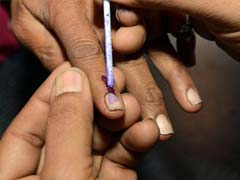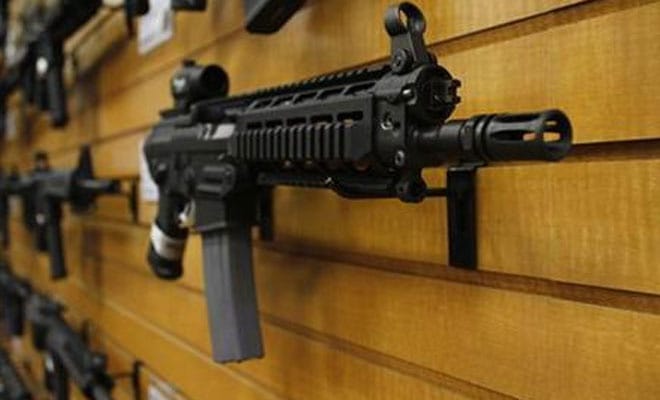
By Alok Pandey
Aizawl, Apr 7 : The north-eastern state
of Mizoram sends just one Member of Parliament to the Lok Sabha. But
this election season, the state may witness an unprecedented situation
on polling day.
Youth organisations, NGOs and women's groups in
the state -- all extremely influential -- are set to enforce a
72-hour-long bandh from Monday morning, which will extend...













